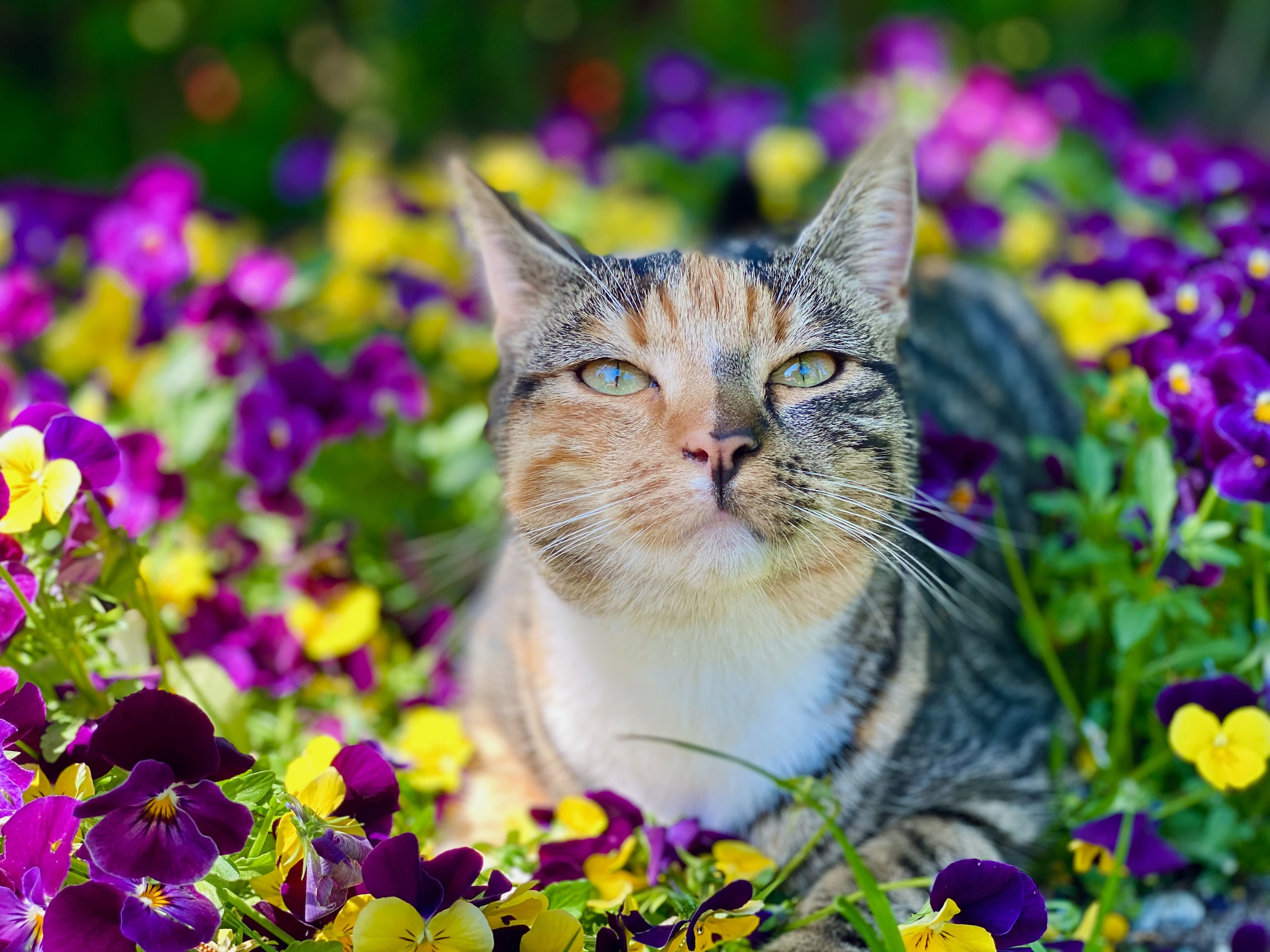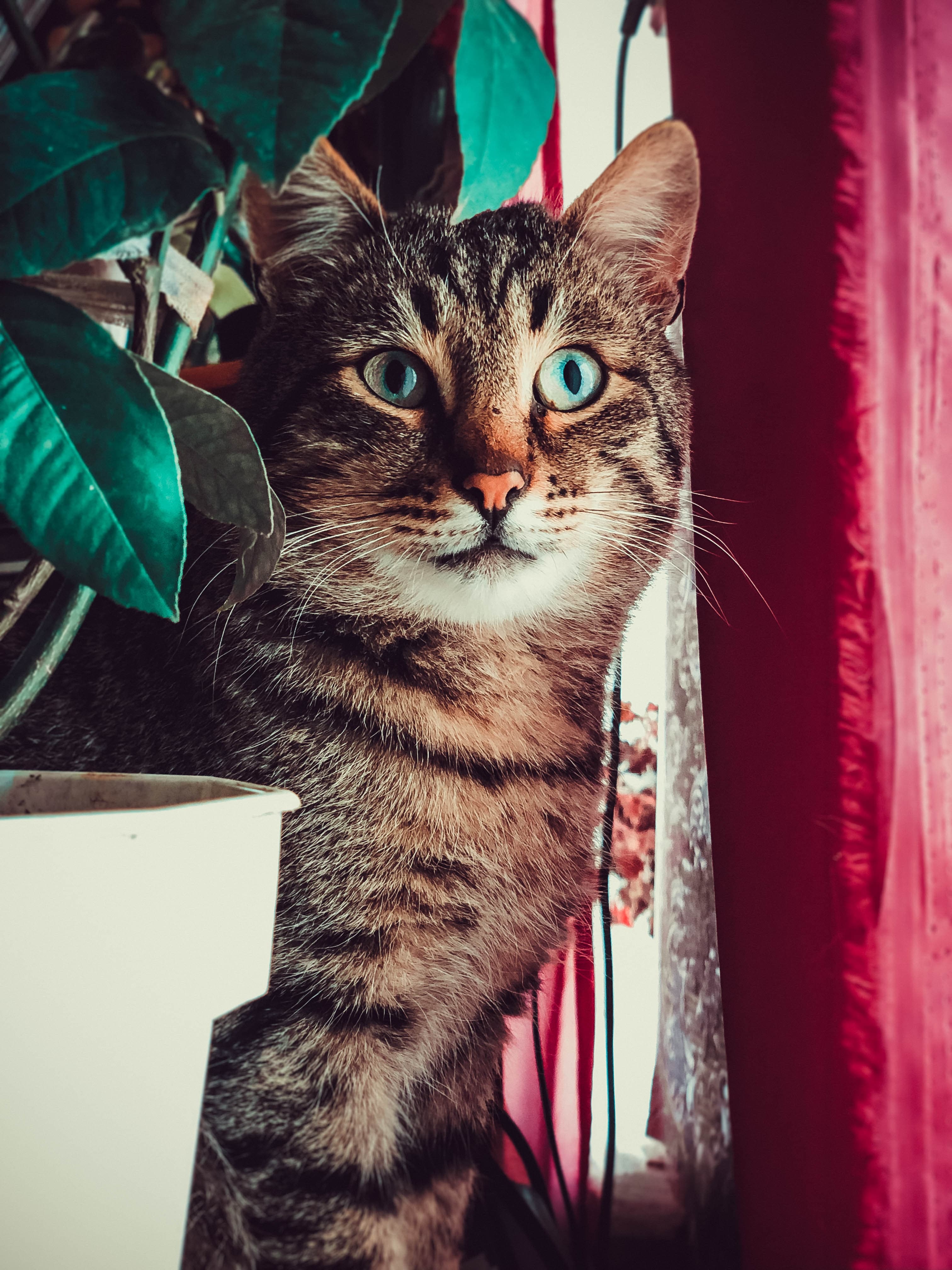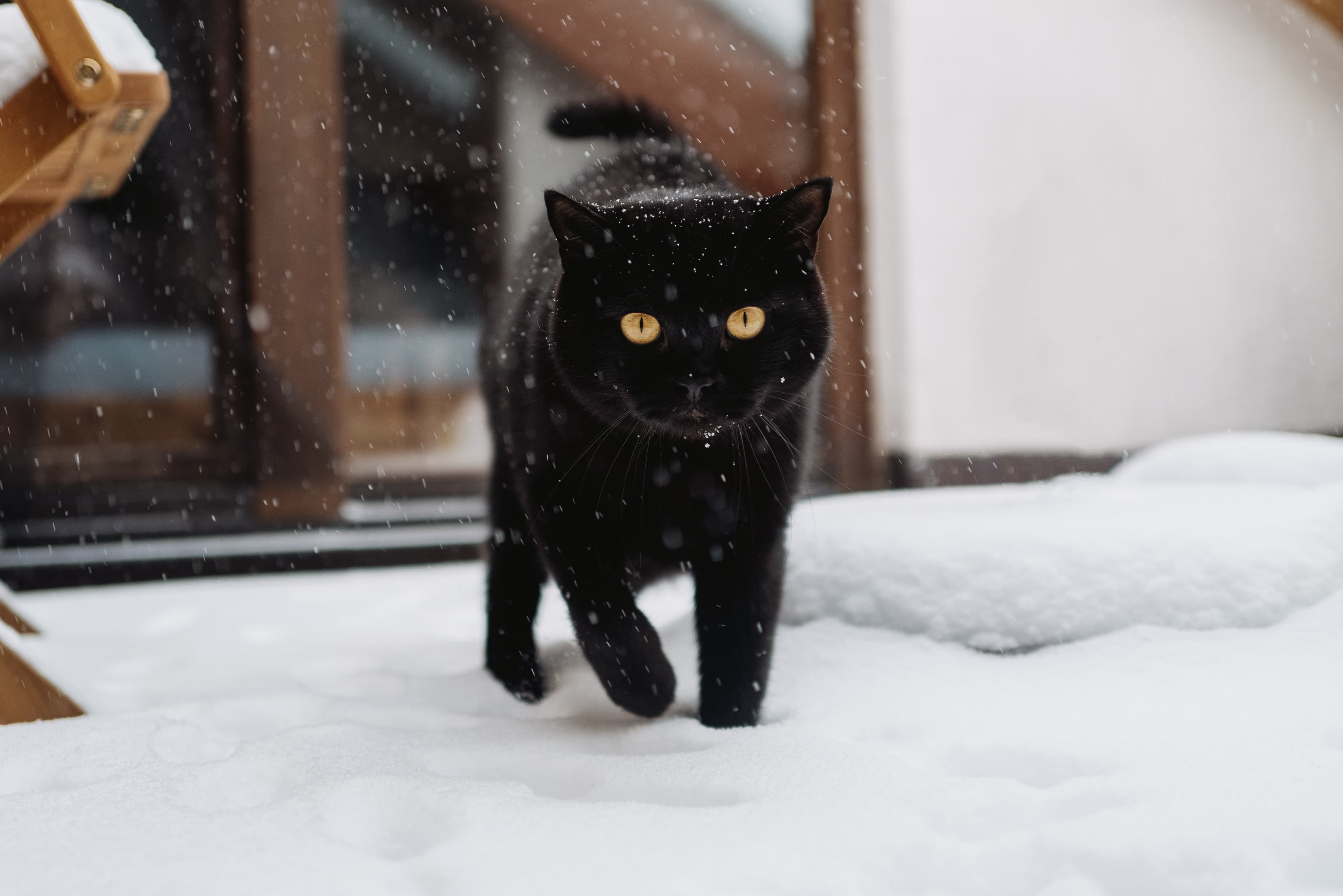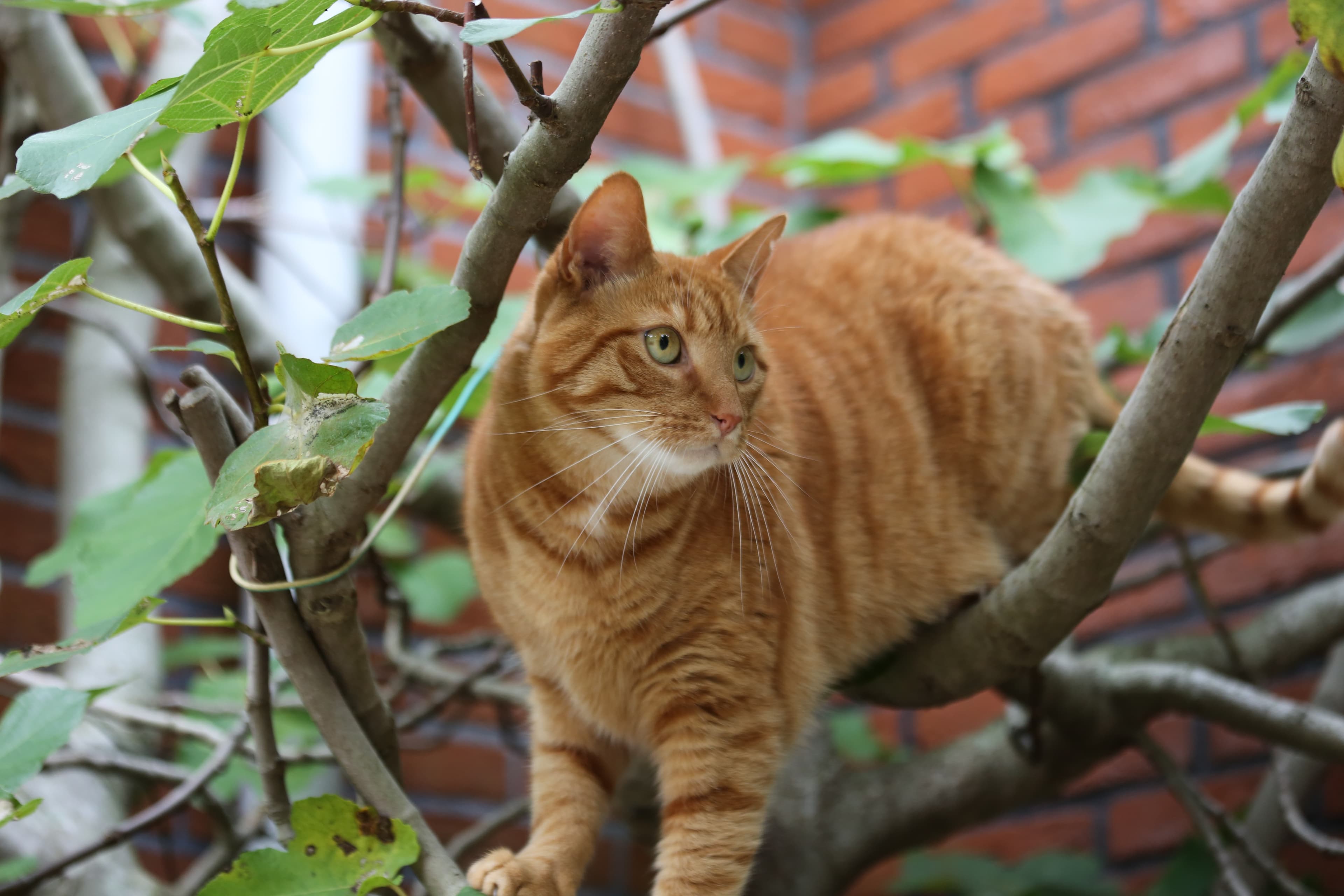Heatstroke in cats
Heatstroke is a serious condition for your cat. Just like us humans, they can suffer from it when they spend time in the sun and heat without access to shade and water. We want to help you learn how to avoid heatstroke in your cat, but also what to do if your cat shows symptoms.
Symptoms of heat stroke
There are several signs that your cat may be suffering from heatstroke. We've listed some of them here to help you identify heat stroke at an early stage.
Panting
Tongue is bright red
Gums are red or pale
Saliva is sticky
Lethargic and wobbly
Vomiting or diarrhoea
Can lead to shock or coma
Raised body temperature
If your cat shows symptoms
Act quickly if your cat shows these symptoms. Heatstroke is life-threatening and it's vital to cool your cat down rapidly.
Contact a vet. With a Lassie policy, you always have unlimited calls to our digital vet service, who can guide you and get you help quickly. Move your cat to a cool place and offer lukewarm water and/or a rehydration solution. If your cat isn't drinking on its own, you can give small amounts of water with a syringe. You can also moisten their coat with lukewarm water to help lower their body temperature and place them on a cool, damp towel. We want the body temperature to decrease gradually, so keep an eye on it at all times.
Severe heatstroke
If your cat suffers from severe heatstroke, you need to see a vet immediately. The vet can then continue cooling the cat and provide treatment with fluid therapy. They will administer fluids to prevent dehydration, run tests, and monitor the reduction in body temperature.
Preventing heatstroke
Often, cats will find a cool spot on their own when they start to overheat. However, it's important to ensure they have access to shady spots outdoors. Indoor cats, in particular, might not be able to escape the heat. Ensure your cat can move freely around your home on hot days, as this increases the chance they'll find a cool place to rest. You can also place extra bowls of fresh water around during the summer months.
Keep an extra eye on older cats and kittens, as they are more sensitive to heat.
Cars in summer
Never leave your cat alone in the car when it's hot. Cars heat up extremely quickly and are a very dangerous place for your cat in terms of heatstroke.






